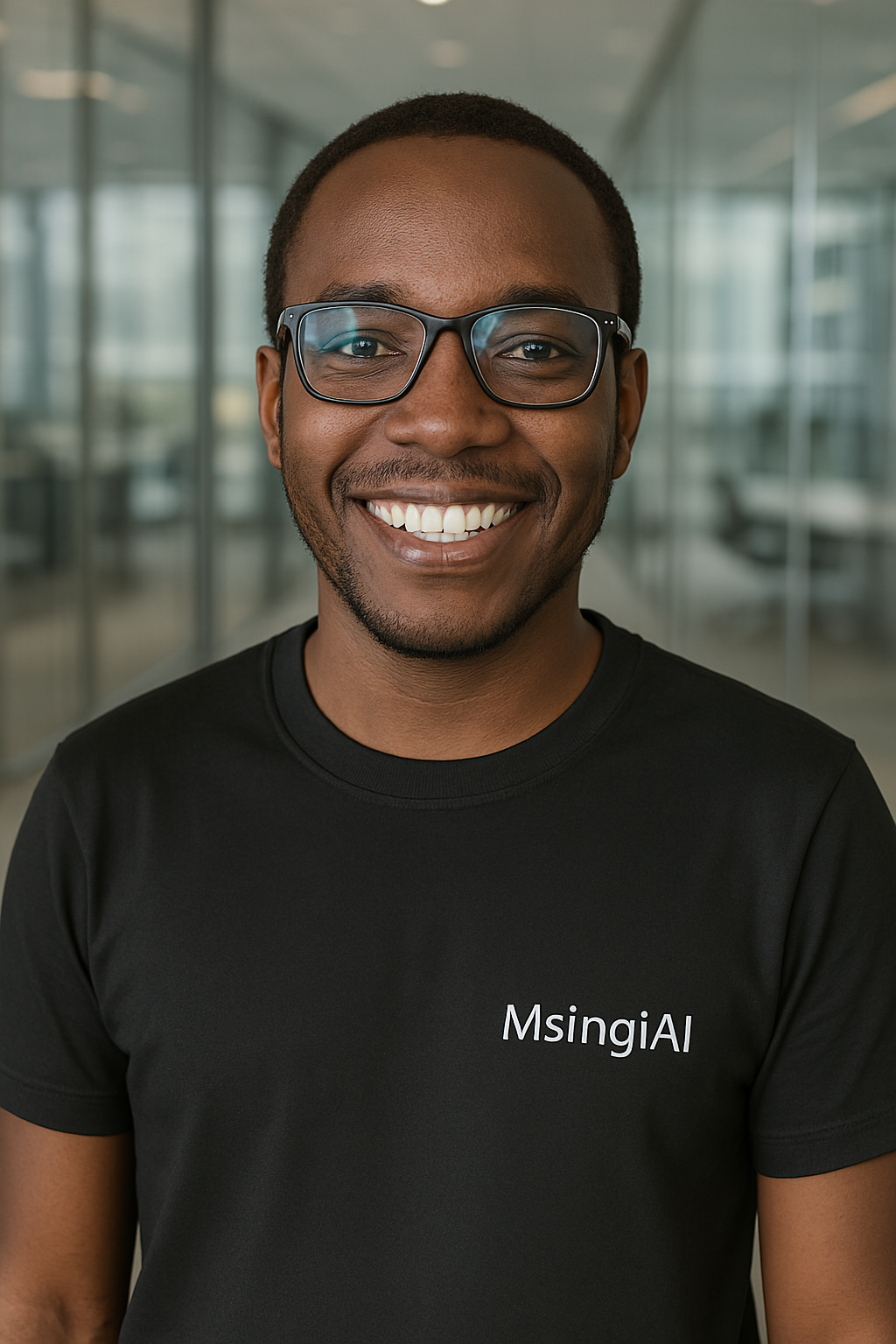Addressing Bias in African AI Models - A MsingiAI Priority

At MsingiAI, we've identified the problem of bias in AI systems as perhaps the most urgent challenge facing the African AI ecosystem. The rapid deployment of language models across the continent has brought incredible opportunities, but also significant risks if these systems perpetuate or amplify existing inequalities.
Our research into bias and fairness in African AI models stems from a simple observation: models trained predominantly on Western data often fail spectacularly when applied to African languages and contexts. This isn't just a technical inconvenience—it's a fundamental issue of equity and access.
The Scale of the Challenge
When we audit popular NLP models for their performance across African languages, the results are sobering. Many widely-used models exhibit significant disparities in accuracy, sentiment analysis, and content generation capabilities between high-resource languages (like English or French) and the diverse languages spoken across Africa.
These disparities aren't random—they reflect historical patterns of digital exclusion and data inequality. Web crawls and text collections that form the foundation of many large language models contain vastly more content in colonial languages than in indigenous African languages. Even when African languages are included, they're often represented through limited, non-representative sources.
Moving Beyond Western Fairness Paradigms
One of our key insights has been that Western fairness metrics often fall short in multilingual African contexts. Concepts like demographic parity or equal opportunity can be difficult to apply when dealing with languages that have complex dialectical variations or where speakers frequently code-switch between multiple languages.
We're developing new fairness metrics specifically designed for the multilingual reality of Africa, where a single conversation might seamlessly blend Swahili, English, and Sheng. These metrics account for the complex sociolinguistic landscape of the continent and recognize that fairness isn't just about equal treatment across demographic groups, but also across language communities.
Bias-Aware Dataset Curation
Perhaps the most promising direction in our research is the development of bias-aware dataset curation strategies. We're working with linguists, cultural anthropologists, and community leaders across Africa to create more representative datasets that capture the full diversity of African languages and dialects.
This work involves:
- Identifying underrepresented dialects and registers within major African languages
- Developing targeted data collection strategies for low-resource languages
- Creating annotation guidelines that are sensitive to cultural context
- Establishing clear documentation practices that make dataset limitations transparent
The goal isn't just to increase the quantity of African language data, but to ensure its quality and representativeness. A small, carefully curated dataset can often do more to reduce bias than a massive but unbalanced collection.
A Community-Centered Approach
What makes our approach distinct is its deep rootedness in African communities. We believe that the people most affected by AI systems should have a voice in how those systems are developed and deployed.
This means working directly with speakers of African languages, understanding their needs and concerns, and involving them in the evaluation of our models. It also means being transparent about the limitations of our technology and setting realistic expectations about what AI can and cannot do.
The Road Ahead
The challenge of building fair and unbiased AI for Africa is immense, but so is the opportunity. By addressing these issues head-on, we can create AI systems that truly serve all Africans, regardless of which languages they speak or which communities they belong to.
At MsingiAI, we're committed to this vision of inclusive AI. We see our work on bias and fairness not as a side project, but as fundamental to our mission of building AI that works for Africa.
The stakes are high. If we get this right, AI could be a powerful force for inclusion and empowerment across the continent. If we get it wrong, we risk reinforcing existing inequalities and creating new forms of digital colonialism.
That's why this research isn't just our first priority—it's the foundation upon which everything else we do must be built.
Please reach out to us at information.msingiai@gmail.com. You can also find more details about our research and ongoing projects in our Bias & Fairness Research Section.
Looking Forward
The challenge of building fair and unbiased AI systems is ongoing, but it's one we must address head-on. By making bias detection and mitigation a priority from the start, we're working to ensure that AI technology serves as a tool for empowerment and progress across Africa, rather than reinforcing existing inequalities.
We believe that by tackling these challenges now, we can help shape a future where AI truly serves all Africans, regardless of their language, location, or background. Join us in this crucial mission to build more equitable AI systems for Africa.
Follow our progress and learn more about our bias detection tools and methodologies on our Research Page.